Say Hello!
Sign In
- Trekking Tips
Altitude sickness and how to keep it at an arms length
During a trek or any other mountain expedition, we are ought to travel to high altitudes. As we ascend, due to change in elevation there is a change in various other factors such as temperature, atmospheric pressure, humidity, radiation, and oxygen saturation. The temperature and atmospheric pressure gradually fall down and the ultraviolet(UV) radiation increases with an increase in altitude. Moreover, the humidity and oxygen level tends to lower down. These changes have an adverse effect on our body and sometimes our body fails to withstand it. Due to these changes, there arises a condition called altitude sickness or acute mountain sickness.
Now coming to the altitude sickness, this is our body's response to reduced oxygen level at a high altitude. Our body in the plains is used to the normal levels of oxygen, but when we ascend a mountain or a high altitude region, there is a drastic reduction in the level of oxygen and our body starts to suffer from pressure or stress. Imagine a person living near the equator is brought to Russia or Canada, it will be really difficult for him to get used to the climate, because of the decrease in oxygen level. Altitude sickness proves to be a typical disease in certain areas around the globe. It affects 25 percent of travelers in the high altitude regions of America, 50 percent of travelers in the mighty and juggernaut Himalayas, and a whopping 85 percent of those in the Mount Everest region. You might have seen in various movies that most of the climbers die due to a lack of oxygen at a high altitude.
Yes, altitude sickness can be fatal at times. But the happy part is, with some proper knowledge about the syndrome and its precaution, we can easily withstand the altitude sickness. Here are a few simple steps to prevent altitude sickness :
- Slow and steady wins the race while the fast and furious tends to crash in the middle. Hence we should always try to ascend a mountain as slowly as possible.
- Don't cross the 9000 feet mark in a single day.
- Don't sleep 1000-2000 feet above the altitude level of your previous day's sleep.
- It will be good if you plan a few extra days and spend it acclimatizing after every 3000 feet.
- Fall in love with sleep. Relieve your baby days.
- Drugs (Nahi bhaisahab woh Sanju movie waale nhi , medication waale )
- Drink plenty of water ( kyunki jal hi jeevan hai )
- Eat with proper guidelines ( Don't upset your stomach otherwise it will end up upsetting your trek )
- Test your Red blood cells(RBC)
- Avoid alcohol and caffeinated products
- Recognizing the symptoms
Our anatomy is designed in such a way that it can resist only gradual changes. This is why whenever we are traveling to high altitudes, we should always move slowly. Our body needs a small period of time to acclimatize to the environment. There are some dos and don'ts that will come in handy in such situations.
Yes, there is a desperate need for an ample amount of rest during a high altitude trek. The change in normal sleep patterns can end up making you tired and hence increase the probability of altitude sickness. Before starting to ascend, make sure you have a day of rest and a night of tight sleep.
The most important thing is consulting a doctor instead of relying on Google. If you search anything on google, you will end up getting the result as cancer. Hence, you might get afraid and cancel the trip then and there. So make sure you consult an experienced doctor and tell him about all your past medical history and symptoms. Acknowledge him about the altitude you are planning to climb. He will probably suggest you prophylaxis medication or else a prescription of acetazolamide. If you are allergic to acetazolamide, dexamethasone can be another option. All these drugs are tested and it is proven to reduce the incidence and severity of altitude sickness.
At a high altitude, we tend to get tired easily. One of the most important reason is dehydration. Dehydration causes a reduction in our body's ability to acclimatize to the high altitude. Therefore, make sure that you drink 3-4 liters of water before starting your climb. Keep an extra liter in case you felt thirsty on the way. Although the need for water for our bodies in such cold regions is low, we should still keep sipping more and more water.
Foods that are rich in carbohydrate proves to be the best in order to alleviate altitude sickness. Studies have shown that carbohydrates increase the oxygen saturation in the blood and provide us with the required energy to perform the required activity. The worst part is you have to sacrifice your CHICKEN TIKKA and other craving non-vegetarian foodstuffs cause they have high protein which doesn't break easily and hence put your body into intense stress. Also, avoid eating a high amount of salts as it can cause dehydration of our body tissues. Fruits and veggies can help your body gear up for the strenuous activity during a trek. Keep protein bars hidden in your pocket, this might come in handy in case of inappropriate appetite.
This is one of the most important prevention guidelines that you should not take lightly. Red blood cells or RBC carries oxygen to our organs and tissues and are very necessary for survival. So make sure you consult a doctor and if you are found to have low red blood cells or anemia, take iron or vitamin B supplements as prescribed by the doctor.
At such a high altitude, it's amazing to dance on "daaru desi" song but very harmful to consume the "desi daaru". Alcohol acts as a depressant and can reduce the frequency of breathing and even cause dehydration.
Caffeinated products such as sodas and energy drinks should be avoided as it causes dehydration of muscles.
P.S: Red Bull doesn't give you wings at such a high altitude.
The above-mentioned steps are a guide on how to prevent altitude sickness. God forbid, but what if you fell prey to altitude sickness or other fatal conditions high up in the mountains? What are you gonna do, let yourself die with no one around? This is why it is necessary to educate yourself about the various symptoms of these medical conditions and how to deal with them at such a high altitude.
The three types of syndromes are HACE, HAPE, and high altitude sickness. These can prove to be really fatal at times. If proper medication is not provided, people may lose consciousness and end up in a coma. If you feel the symptoms, you should, first of all, descend to at least a 1000 feet and then get along with other medication treatment. Although HACE and HAPE are rare, you should still have a piece of detailed knowledge about its prevention and medication. Various emergency drugs come in handy if the situation gets worse.
Summing it up, prevention is always better than cure. The irony is it's very difficult to induce the cure at such high altitude. So prevention becomes a compulsion in order to return back happy and healthy from your high altitude expedition.

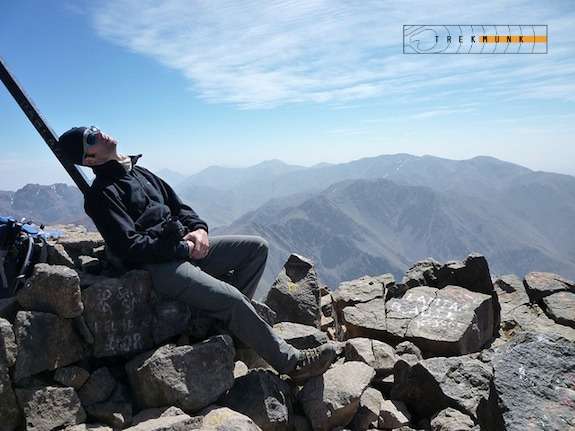
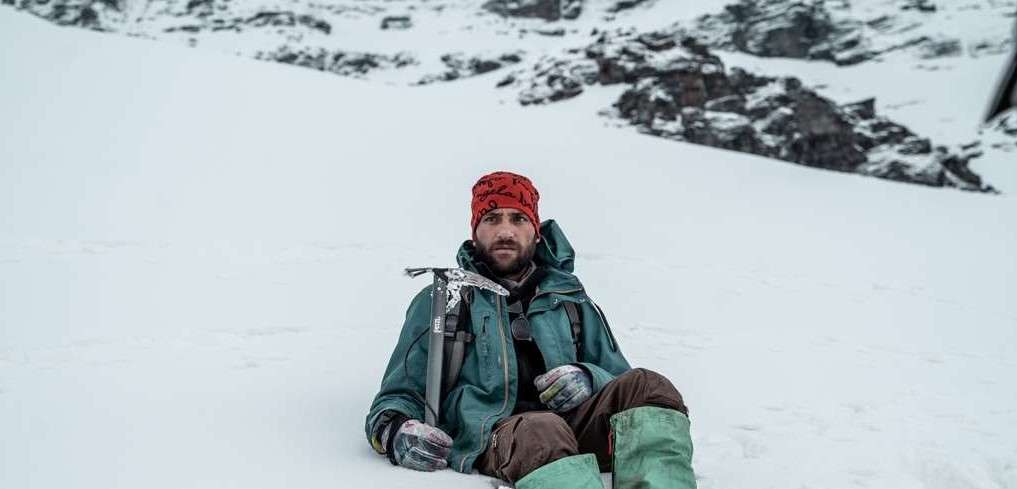
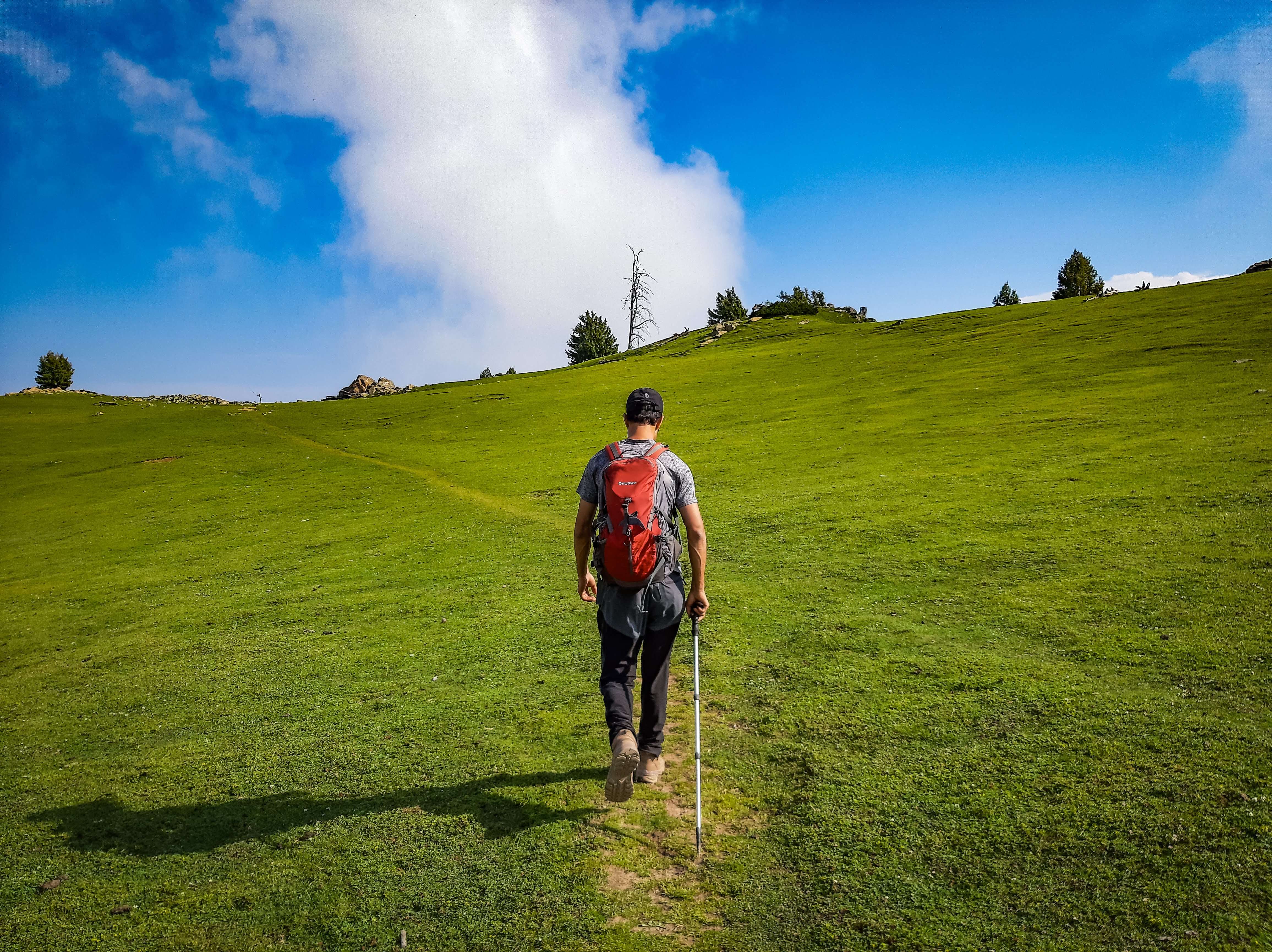
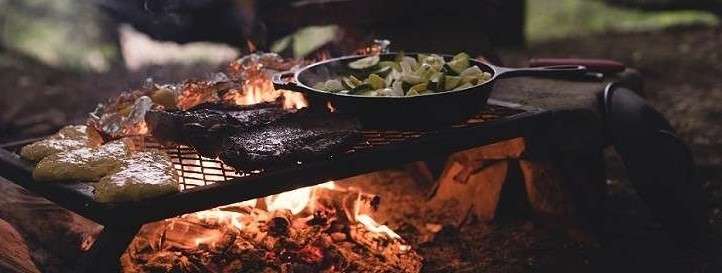
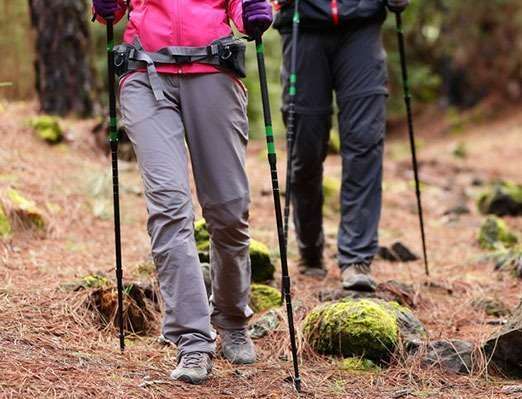
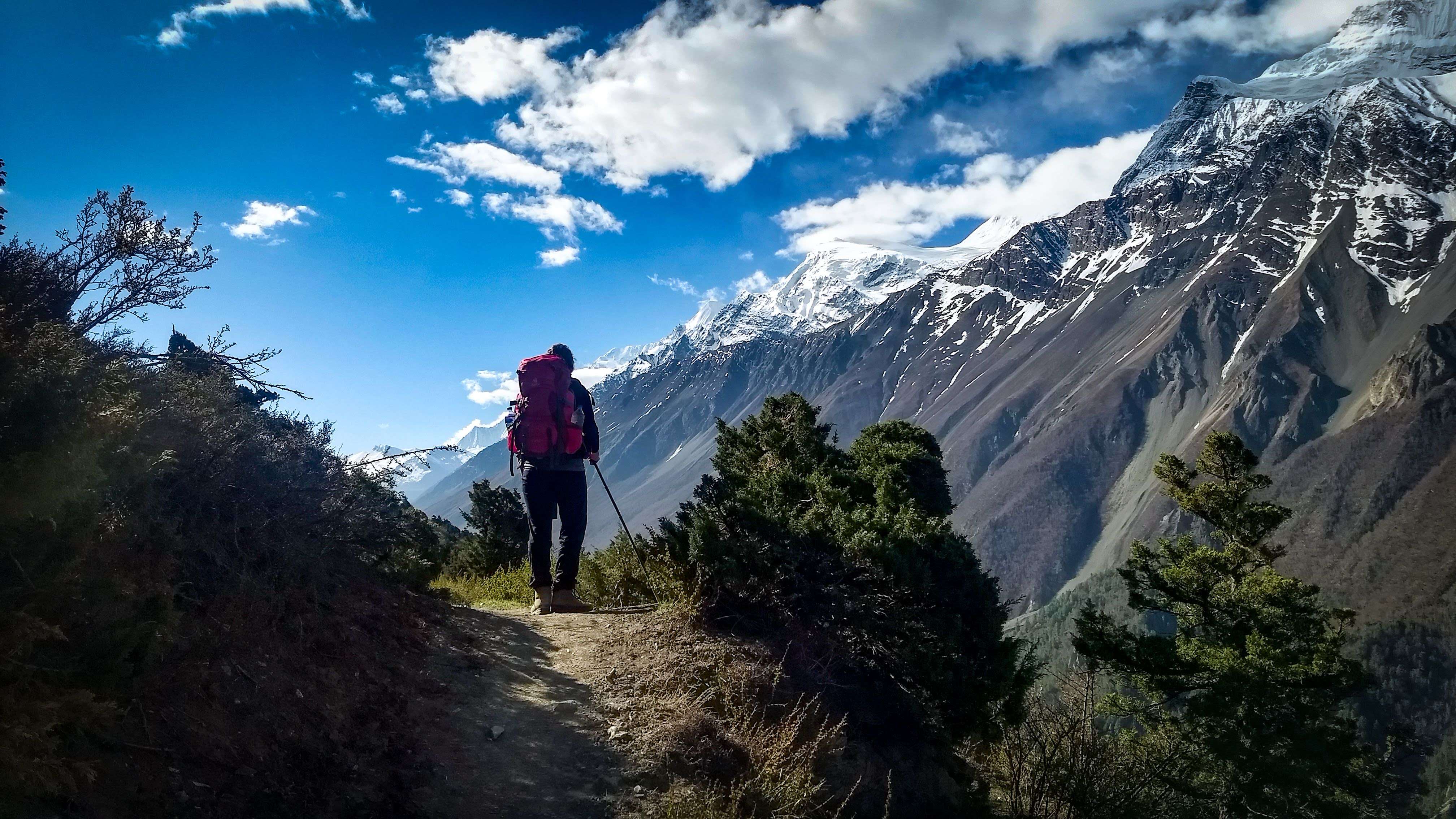
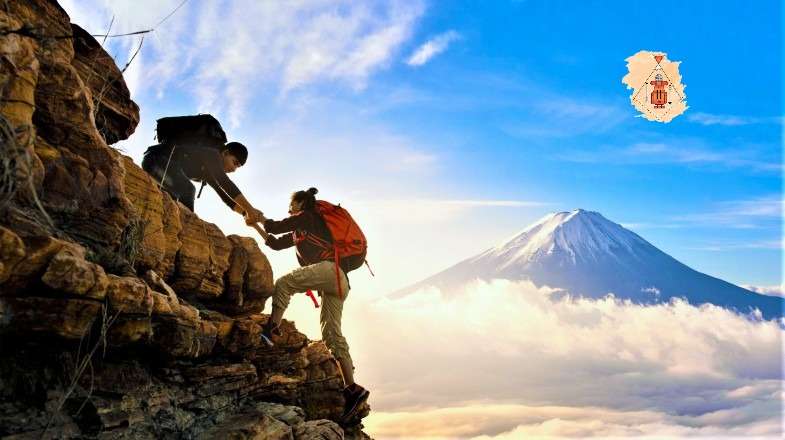
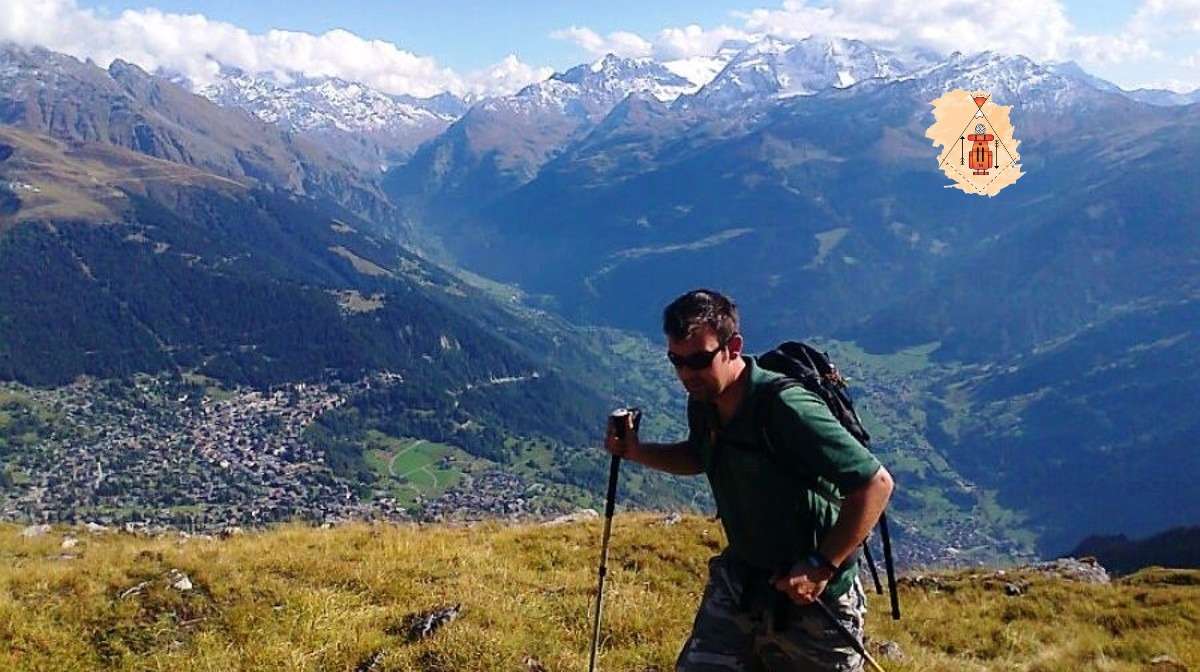
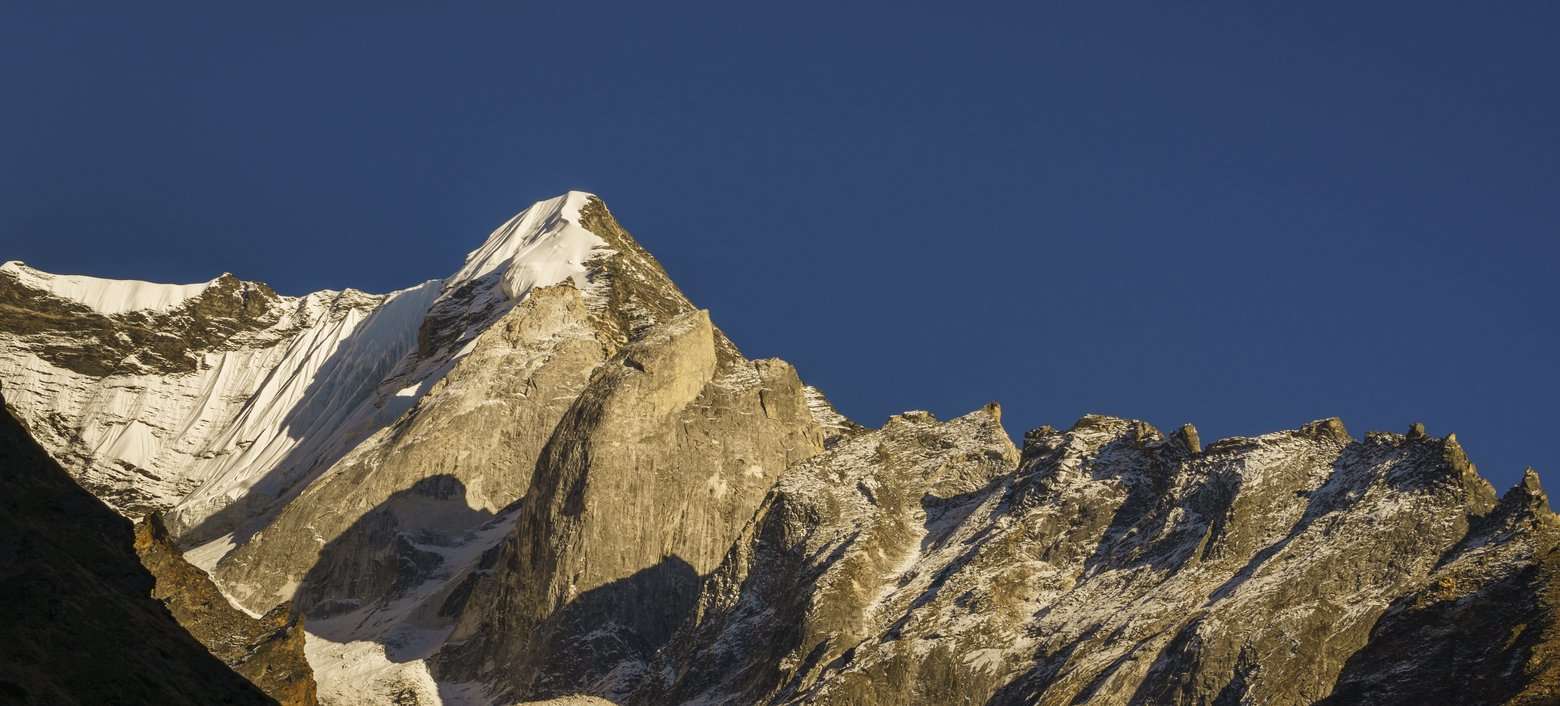
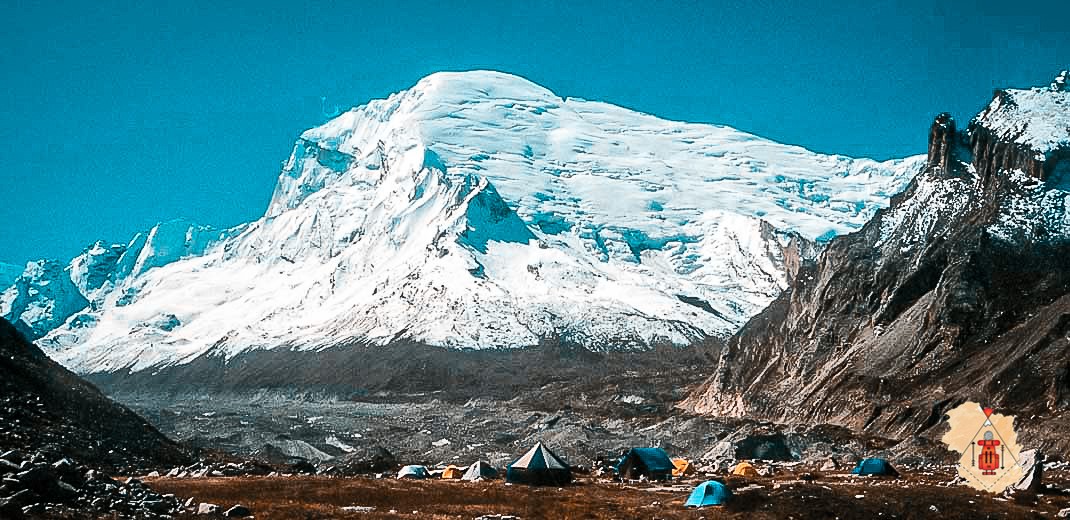
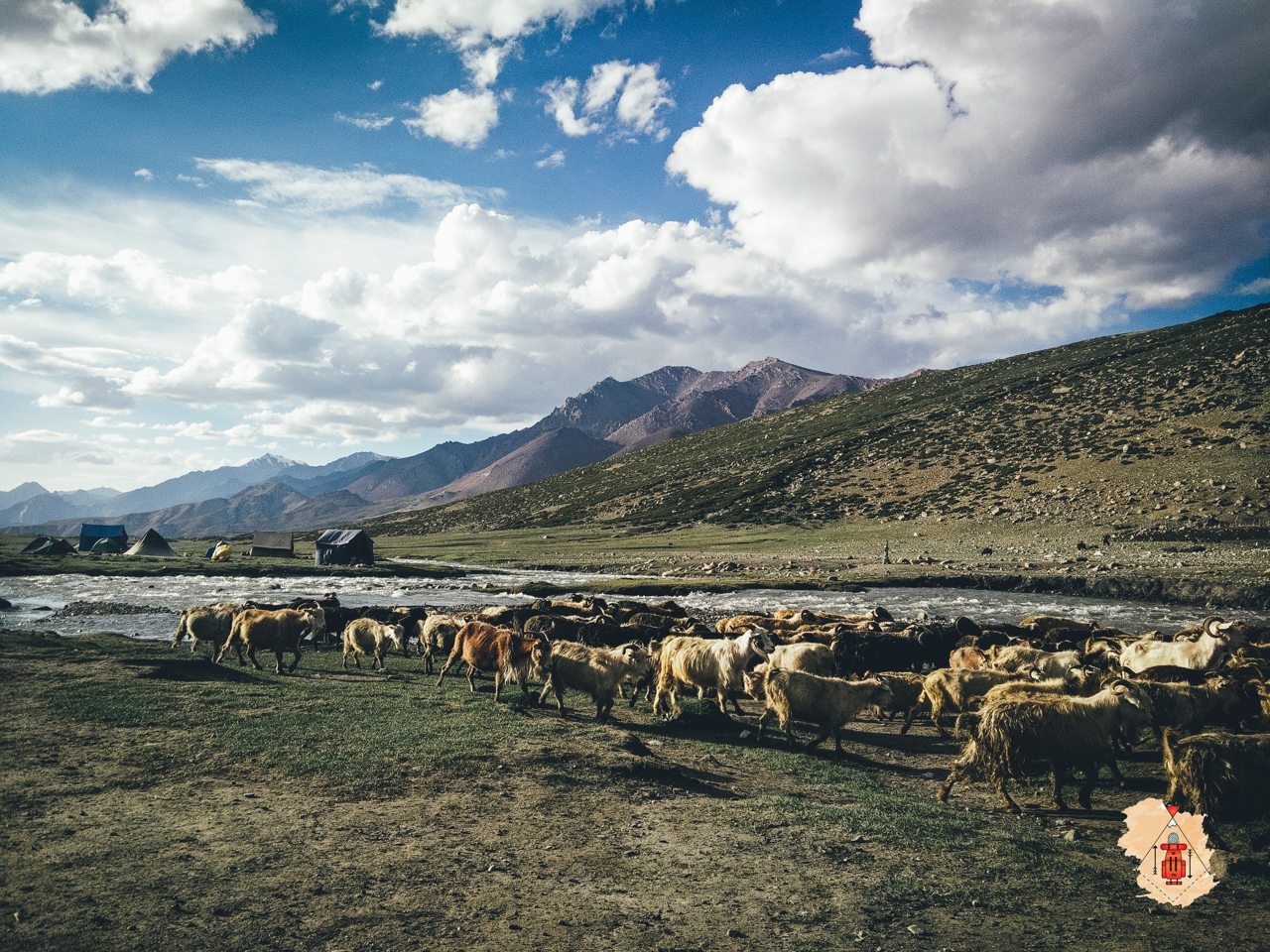
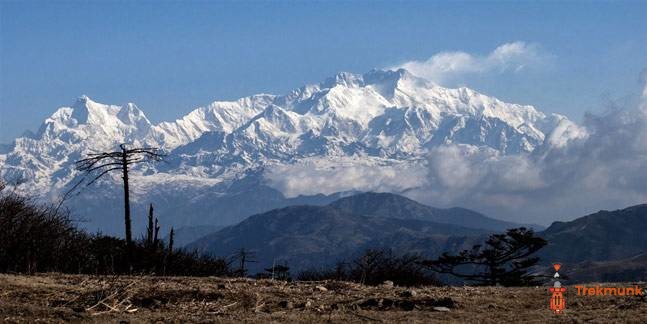
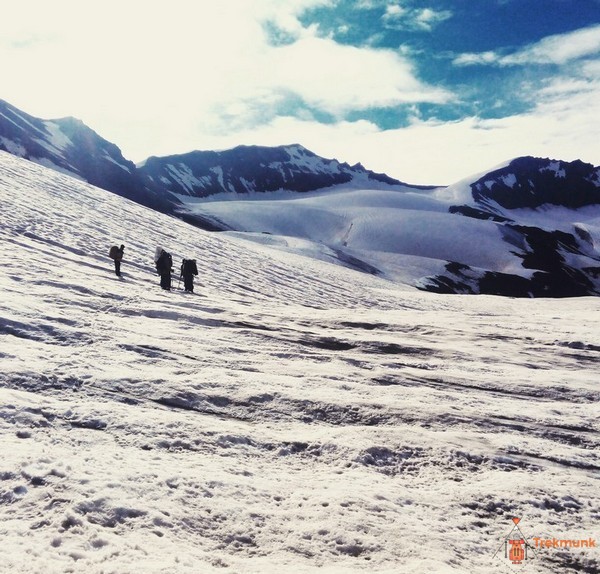
Harshit Patel : Co-Founder at Trekmunk. A certified Mountaineer, Skiier, has led more than 50 high altitude treks in the Indian Himalayas. He is an Engineer by profession but a traveler by passion. He has led treks in Kashmir, Ladakh, Uttarakhand, Himachal Pradesh, West Bengal, Sikkim and Nepal. He is a NOLS certified First Aid Responder and has covered 185,000+ km on Motorcycle. A Poet, Drone Pilot and Videographer at Insane Traveller Productions.